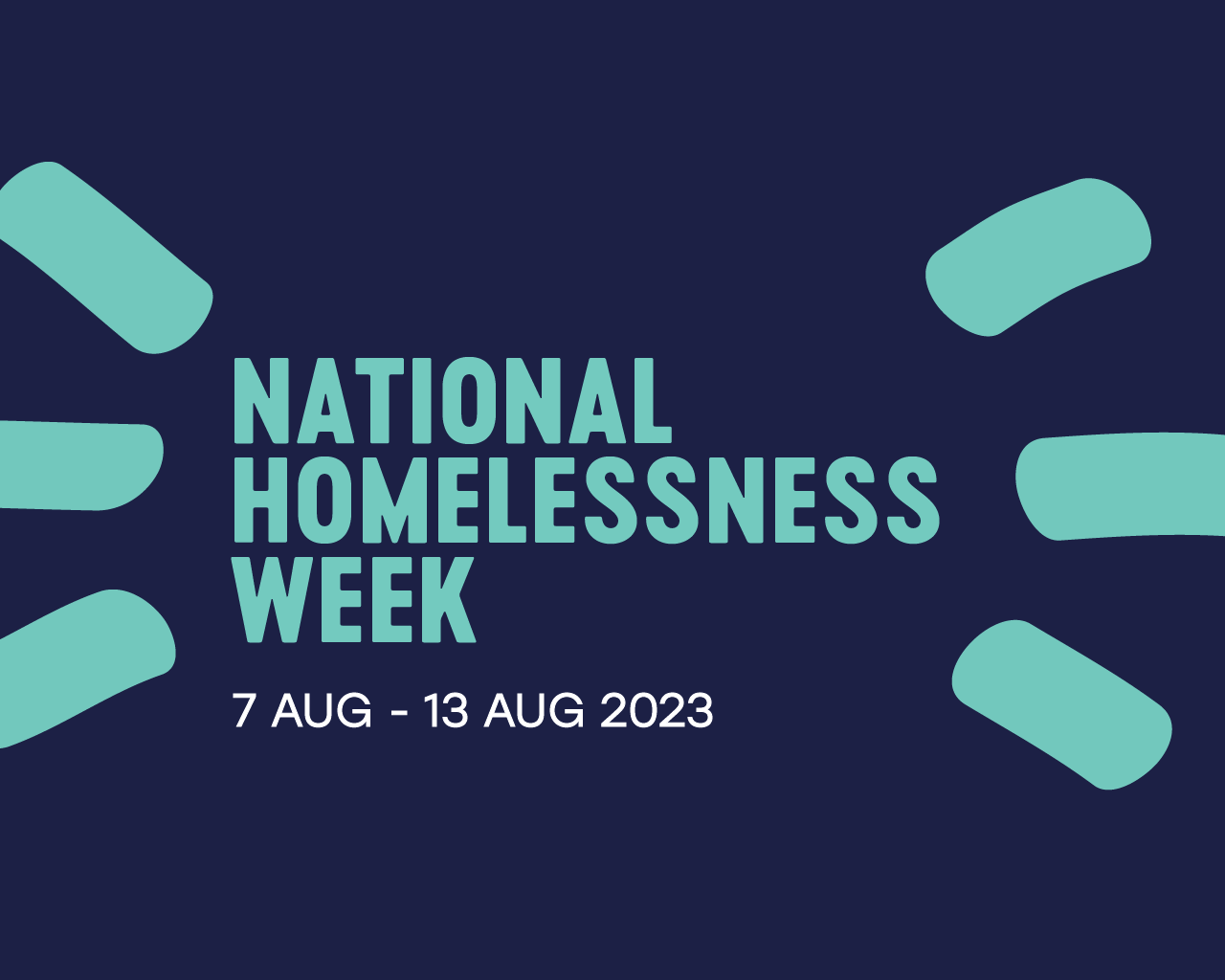“They laughed in my face and told me that OCD isn’t a real disorder and not comparable to other mental health conditions.”
Obsessive-compulsive disorder (OCD) is a disorder in which people have recurring, unwanted thoughts, ideas or sensations (obsessions) that make them feel driven to do something repetitively (compulsions).
According to Beyond Blue, close to 3% of people in Australia will experience OCD in their lifetime. OCD can occur at any time during your life and children as young as six or seven may have symptoms, although symptoms seem to develop fully for the first time in adolescence.
When I first got a diagnosis of Obsessive-Compulsive Disorder, I was in high school. It was taking up numerous hours of my day and was dramatically impacting my life. My father also has OCD, so it wasn’t something I was completely unfamiliar with, however it still was an adjusted period to understand how to cope with it.
Aside from my parents, no one could tell I had OCD. I kept it very hidden and it wasn’t something that was obvious to those around me. I didn’t feel the need to tell my friends, and even to this day I haven’t really spoken about it much with my extended family. I was coping with it alone for many years early on, until I slowly opened up to a psychologist.
I knew that [OCD] wasn’t something that would just be ‘grown’ out of.
I have worked with psychologists on and off throughout the last 10 years, using exposure therapy and CBT. However, I found for me personally the most progress I made, was when I worked on my personal growth in conjunction with my therapy. Working with life coaches around my fears, working through trauma and truly learning to understand my emotions and building self-acceptance has been something so powerful for me in combating the additional anxieties that come with OCD, so much so that I ended up in the profession myself.
Compulsions can take a very long time, if they are interrupted then it can sometimes take upwards of an hour of my time to complete. My compulsions can look like something as simple as flicking a light switch on and off, or locking and checking the door to my car excessively. But it can also look like repeating the same words over and over again or doing numerous rituals before I can sleep, shower, or leave the house. Sometimes it would even take over an hour just to get into the shower because of all the compulsions I had to do beforehand. Compulsions can be different for everyone, and for some people they are not even visible.
It can make a lot of activities quite difficult because my compulsions require me to repeat a lot of movements or rituals, and this disrupts not only my own mind, but it also takes a toll on my family and how our lives function around my compulsions.
When I first had the courage to start telling people of my diagnosis a lot of people would just say “haha me too”, “everyone is a bit OCD”, “don’t worry, I’m a total clean freak too”, not realising that they were actually offending me.
It made it very clear to me that no one truly understood OCD, and that it is far more than liking things to be neat and done in a certain way. Even to this day, there is very little awareness. Such little awareness in fact that some people have told me that it isn’t on the “same level” as other mental health conditions such as bipolar or depression.
People have such little knowledge about the pain, suffering and torture we essentially go through each and every moment.
I once brought up the conversation of my disorder to a co-worker. They used the sentence “omg you’re so OCD” to another co-worker who doesn’t have OCD but likes things to be neat and orderly. I sat them aside and let them know of my condition, and how things like that are hurtful to hear because I am suffering and you wouldn’t just use the word depression or bipolar in the same context. They laughed in my face and told me that OCD isn’t a real disorder and not comparable to other mental health conditions.
For me (and I’m sure many others suffering out there) I can tell you that it is a very serious disorder, that takes a massive impact of the sufferers everyday life. Just because you are not within my mind or do not experience the fears or thoughts that I do doesn’t mean they aren’t a very real fear to me. What comes across as irrational to one, is completely rational to another.
“it’s not always about contamination, order or symmetry”
I want people to understand that OCD is a very real and debilitating disorder. It’s not just about being clean, organised or liking things done a certain way or in a certain order. There are many OCD themes and subtypes, it’s not always about contamination, order, and symmetry. It includes themes of harm, suicide, sexual thoughts, relationship, and religious focused themes.
Although I still suffer from this, I have been able to grow and work with my OCD rather than against it. As time has gone on, new themes will show up, there are consistently moments where it becomes unbearable again but doing the therapy and work on myself has helped immensely.
It is an invisible health condition that a lot of people suffer with in complete silence, but no matter what type you are experiencing know that you are not alone and that with the right therapy things can become easier.


